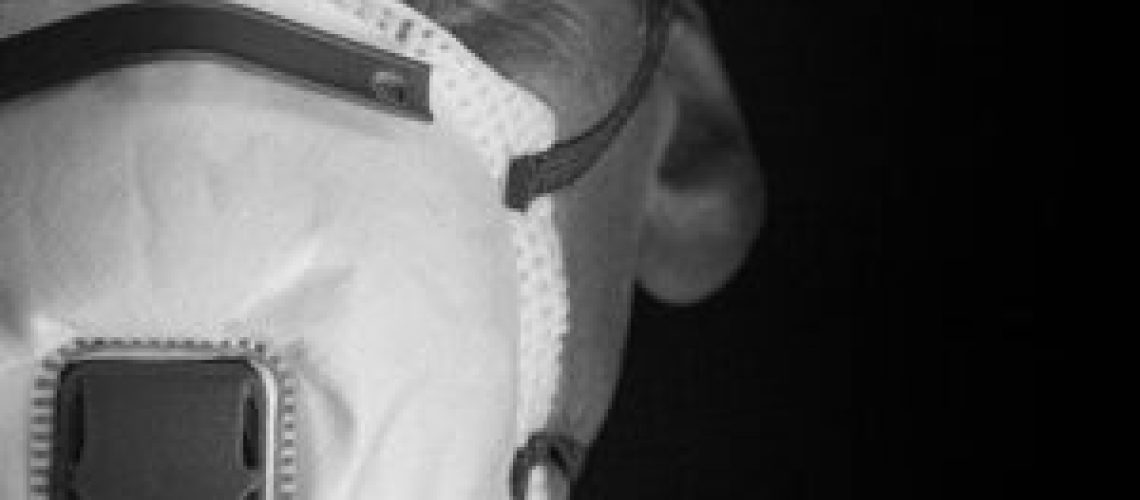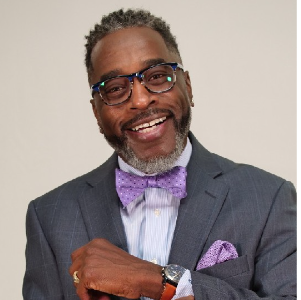On June 12th, Carol Swanson, LCSW and practicing psychotherapist for over 30 years, led us through a powerful and relevant talk, “Responsivity in the Time of Covid”. Firstly, Carol framed the discussion by identifying the “aesthetics” of the therapeutic relationship. Namely, the qualities of rhythm and resonance, responsivity versus responding, and how these have shifted since Covid.
She opened up the discussion that our field is human emotional life and human suffering, and expressed the awareness that Covid has most harshly affected communities of color. Covid has made even more painfully clear what we’ve already known—the disparities and prejudices within our society, the very different experiences we lead. This may be an invisible virus, but George Floyd’s death was a very visible murder. So many of the issues our society faces has come to a head because of Covid. They have come even more into our awareness. Covid has interrupted how we live, and how we die. We live with an anxiety about death right now that is unprecedented for our lifetimes.
Carol discussed how as therapists, we are like philosophers on the ground, not in the ivory tower. We entertain questions like, “What is real?”, “What is my suffering?”, “Am I making this up?”, “Is this all in my head?”. We attempt to describe phenomenology, which is the study of a person’s experience from a first person perspective. In Gestalt therapy, this is called contacting. We are interested in the “structure of experiencing”. What are the enduring, organizing, patterns within a client’s life. Yet as much as we may resonate with another person, we all still live in our own experience. In knowing this, we must work against reductionism, because we will never completely know another’s world. A client may come in with teary eyes, and we might assume they have some sadness. Upon inquiring about the tears, they might respond, “My allergies are killing me today”. We will never know what another is experiencing fully.
Part of the challenge of our work is that we live in a world that has been mathematized. Carol gave the analogy of going out for a bike ride. When someone asks about it afterward, they will likely ask how many miles we’ve gone, not the views we saw, the experience. Another example is a client who comes in and asks, “How many sessions it will take?” We cannot lay numbers on human experiencing. Yet this is the world we live in.
Coming back to this present moment, Carol discussed how we are amongst many historical events right now—between Covid and Black Lives Matter, there are many disruptions to previous ways of living, knowing and relating. And as our clients are undergoing these changes, so are we. This can leave us, more than ever, without answers. Carol gave the example of a woman challenged by bringing a baby into this world. To this, she responds, “You do not solve this mentally, you must undergo it”. Powerful events cannot be solved mentally. In many ways, Covid is a leveler. Hospitality has always been a theme in psychotherapy. People are coming into our homes. And we are going into theirs. This changes the intimacy.
Covid is also re-traumatizing. Many people who were already so have found themselves even more overwhelmed, isolated and under-resourced. All of us are living in a more heightened state of uncertainty. This brought Carol to the idea of “pathic events”, which comes from the concept of “pathos”, meaning suffering. This is where we must change our “responding” into “responsivity”. There is so much we pick up on from a person that is out of the realm of thinking about responding. We feel responses to another. This goes beyond ego.
Covid is a pathic event. George Floyd’s killing was a pathic event. It is that moment when, say, an ex-partner walks in the room, that we are called to a specific feeling. It comes from resonance, from intuition. With our clients’ suffering, they may be saying, “I need you”. We feel it when they need us, and we feel it when they push away.
Carol then asked us to engage in an exercise in which she said a few phrases: “I can’t breathe”, “My friend was raped last night”, and “My father died two days ago”. She asked us to feel into our responses. The statements called forth responses within us that did not need to be sought out. We felt them.
Many of us undergo pain and suffering with others in the therapeutic relationship. It is a claim on us to carry the weight. Sometimes it is not something as dramatic as the statements above, but we feel this all the time when we sit with people’s pain. Notably, our responses come before reflection. Our bodies give us this signal. In this way, we have all had to unlearn our professional training. We do not always, even often, have words for the moments in which something is called from within us. In these moments, the unconscious is not conscious until it is in the form of action.
We sense situations—danger, sadness, and warmth. It is our responsivity that responds to the human other, that bares the weight of the situation another is in. We cannot fix another’s suffering, but we do undergo it with them. Yet we will never truly know another’s experience, or else they would not be an other. Yet it is this relationship with the other—resonance, feeling, and intuition, and what it brings up in ourselves, that connects us all—that makes us all into a woven tapestry, separate but interconnected.




